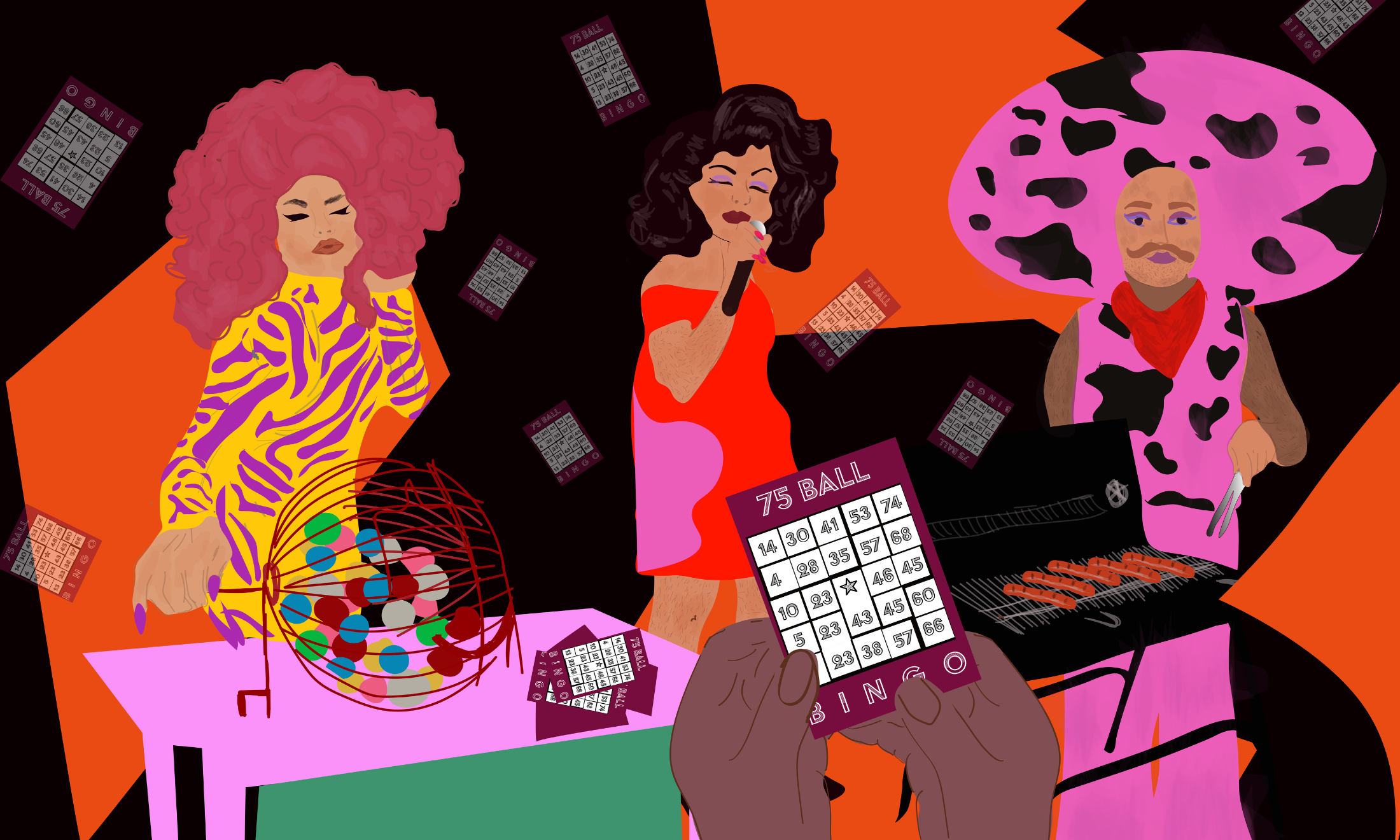
2016 has already been earmarked as the year of gender fluidity. We have been lead to believe that as a society we are enthusiastically eroding gender boxes.
Yet, although in some parts of society we are breaking down barriers, there still remains a huge pink elephant of inequality, highlighted by a recent study into gendered pricing. The study, commissioned by The Times, tested thousands of like-for-like products and services for men and women, and the results were conclusive in highlighting that women are paying 37% more than men for similar or identical goods.
For example, Tesco charges double the price for a pack of ten disposable pink razors aimed at women than they do for their blue razors aimed at men. It might seem ludicrous, but this fits in well with the reality that across the board razors for women are 49% more expensive than the male equivalent. In terms of clothing, women on average pay 37% more for the exact same cut and fit of Levi 501 jeans, while the average haircut in London for women is 97% more expensive than a man’s haircut.
The statistics are not confined to the sales of ailing high street stores either, with the findings uncovering that women online cannot escape sexism. Amazon is selling a Playmobil pirate ship for £12.95 for boys, but marketing the girls equivalent at £14.99.
With women constantly scrutinised and pressured by society to fit into a certain ideal, it seems ludicrous that we are having to pay through the nose for the privilege. We pay more more for the cosmetics, perfumes and clothing that supposedly define our femininity.
Granted, there are some movements to readjust the perception of the ideal women, with the late but welcome arrival of curvier barbie dolls.
But, with 90% of British women still suffering from body anxiety, we are clearly being financially exploited to fit a certain status quo. The unfair pricing means that unless something changes, unfair pricing inequality will be the deflated balloon trailing behind young women throughout into their adult life.
These findings crucially highlight the rigid gender roles within society. Pink is still reserved for girls and boys should always wear blue. These barriers, enforced from such young age, perhaps have had an effect on why there is such an insignificant amount of women in science, politics and maths.
The gender power balance in the UK is still appalling, with only 9% of female boardroom executives and only 191 female MPs out of 650. The message is that little girls should play with expensive dollies, little boys should play with power.
‘The message is that little girls should play with expensive dollies, little boys should play with power’
Perhaps this is reason as to why fair pricing for women has stagnated. Although there has been some political navel gazing by politicians in exposing the price inequality of women’s products (the survey did ignite a compelling debate between MP’s in Westminster earlier this month), little has yet been done to actively tackle the problem.
Despite the thousands of signatures and campaigns last year to abolish a 1970s law taxing women’s sanitary towels, periods are still being taxed as luxury. In contrast, exotic meats and helicopter parts are exempt from tax, theoretically making them a necessity.
David Cameron proudly announced at the end of last year that he was “now a feminist”, however he has done little to dismantle the view of women being treated as ‘cash cows’.
This issue isn’t a recent discovery either. Research carried out in the capitalist nirvana of America 20 years ago highlighted gender discrimination in the state of California. Women were effectively paying gender taxes of over $1,000 a year.
Since 2010 more than half of all job growth for women has been in the lowest-paying sectors of society, with 29% of women earning less then living wage compared with 18% of men. As put by SNP politician Angela Crawley the government seem to be preoccupied with aesthetics – trivialising over “the use or misuse of swarms of migrants and yet the topic of a tax on women has not been a serious issue enough issue for the prime minster to address”.
Sadly, this does ultimately come down to a question of economics, with retailers reaping the benefits of the pressures of maintaining gender stereotypes, and as women we need to collectively stop allowing ourselves to be exploited. We need to recapture our own female identity and not allow it to be dictated to by retailers and stuffy male boardrooms.
Instead of allowing the relationship of shopping to be subverted by gendered commodities, as females we need to collectively understand that a razor is just a razor, that an inside label is just an inside label, and that we don’t need a pink pen to show we are female.
As Anne Perkins wrote in a recent Guardian article, “Economists talk about the elasticity of demand. It’s time to stop being quite so stretchy.”









